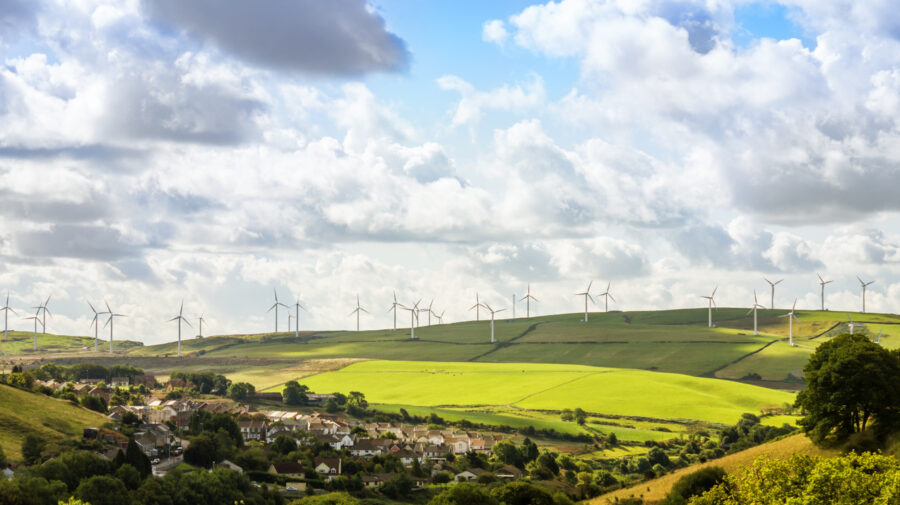

With higher energy prices being a consideration for most households, it was not surprising to see that the Labour Party included in its manifesto a pledge to “make Britain a clean energy superpower”, including plans to move to clean energy by 2030.
The manifesto stated that by 2030, if elected to government, the Labour Party would:
- Quadruple offshore wind
- Pioneer floating offshore wind
- More than triple solar power
- More than double onshore wind, which has previously been banned
- Get new nuclear projects
- Invest in carbon capture and storage
- Double the target on green hydrogen
- Enact an Energy Independence Act to be the framework for new energy and climate policies.
The clean energy initiative is an attempt to tackle the energy crisis that we face in Great Britain. The overall aim of the above is to place less reliance on other countries in providing energy solutions, develop a home-grown energy infrastructure and build supply chains across the UK, which will in turn create jobs and boost economic growth.
A press release published by the government on 3 September 2024 stated that it had, via the sixth renewables auction, secured a record pipeline of 131 new clean energy projects. The government has stated this is the biggest auction round delivered to date, and will power the equivalent of 11 million British homes.
As mentioned by Agriculture and Estates Partner, Emily Pumfrey, in her recent article, the changes and initiatives will provide opportunities for landowners and farmers to diversify via renewable energy schemes, as well as creating opportunities for consumers.
Progress and changes will not be fast, as the government is implementing initiatives and schemes which need to pass through various regulatory and legislative checks.
However, following the first Energy Mission Board meeting, several changes have already been made. These include:
- Lifting the ban on onshore wind in England
- Launching Great British Energy in partnership with the Crown Estate, which is supported by £8.3 billion of new money
- Launching a Clean Energy Mission Control centre, which aims to accelerate the deployment of clean power.
The government has also raised the Great British Energy Bill (“the Bill”) which is currently at the committee stage in the House of Commons. The Bill will help to establish Great British Energy which will be a publicly owned and independent energy company. The company will own, manage and operate clean power projects and will do so by working in partnership with energy companies and local authorities.
The next report on progress of the Bill will be reported by the House of Commons on 15 October 2024.
The government may face a number of barriers in implementing their plans including a shortage of skilled workers to help implement the plan, public engagement in the schemes, a shortage in the supply of materials and equipment, and a delay in grid connections.
As plans are continuing to be developed by government, there will be a number of schemes “on the market” for consumers to participate in. It is always important to take advice in respect of any initiative/scheme to ensure that you are making an informed decision and that any scheme is supported by government, including the energy regulator for Great Britain, Ofgem.










